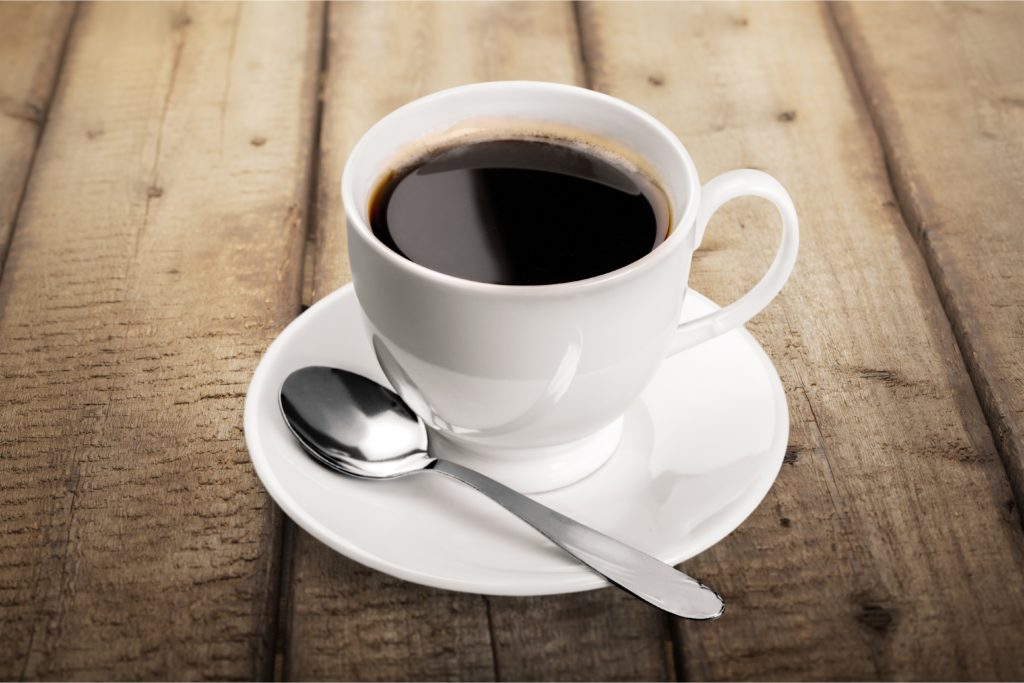Dangerous formaldehyde in Coffee to go-cups made of bamboo
Reusable to-go cups protect the environment better than, for example, cardboard cups to Throw away. However, if the environmentally-conscious consumer for its coffee enjoyment on mug made from renewable bamboo, he’ll be a danger so sometimes his health.
Germans love coffee
Coffee is one of the most popular drinks of the Germans. Every German citizen drinks on average, about 160 litres per year. The pick was considered a long time as harmful to health, but today we know that the popular hot drink, healthier than is often assumed. But who drinks his coffee from a Coffee to go-cups made of bamboo, endangered, that may be his health.

Almost all of the samples complained of
Older studies have shown that in Coffee-to-go cardboard health cups often hazardous to the plug in the end of poisons.
And also in the reusable to-go cups made of bamboo hazards: the Saarland Minister for the environment and consumer protection, Reinhold Jost, lurk said, “in Coffee-to-go-cups, which are touted as bamboo-mug”, caution should be exercised.
“We have bowls in a focus action bamboo reusable utensils – cups, Breakfast plates from our state office for consumer protection (LAV)”, the Minister of the environment, according to a communication from the Verbraucherzentrale Saarland.
“With the result that 14 have been raised by 15 samples, and they would never have been sold will be allowed,” said Jost.
Carcinogenic Formaldehyde
While reusable cups and plates made of bamboo are offered by many providers as an Alternative to plastic, but often will hide the fact that in addition to bamboo as well as plastic materials such as melamine or formaldehyde resins.
Under certain conditions, such as, for example, heat or the action of acid, the formaldehyde can be in the food delivered.
Reported to have been exceeded in the case of the LAV, studied Coffee-to-go-Cup the statutory maximum amount of ten times. According to experts, formaldehyde is considered to be probably carcinogenic.
“Formaldehyde is a health hazard, it is irritating to the mucous membranes and can trigger cancer in the nasopharynx when inhaled,” said the Federal Institute for risk assessment (BfR) years ago.
In the past few months, included formaldehyde was the reason why, discounters, and furniture stores toxic tableware made of the offer and have called.
The Minister speaks of consumer deception
14 of 15 from the Saarland LAV samples examined were rejected because of their material composition.
According to the consumer it was plastic products, bamboo fiber and corn flour are contained as fillers.
Because as a form of give melamine-formaldehyde resin was used, the products under the European plastic regulation (EU) no 10/2011 and may contain only substances listed in this regulation.
However, bamboo fibers and corn flour are not listed there, and thus for the use in food contact materials made of plastic are also not allowed.
In addition, it was classified in ten of the studied samples, the product designation or the presentation of misleading.
The consumer protection groups that may be difficult or impossible for these mugs and bowls for the consumers that is products, which consist of a considerable amount of plastic (melamine formaldehyde resin) and it is not just pure natural products made of bamboo.
“Here, buyers are promised a product made of bamboo, what you get is a plastic product with bamboo stakes, which is a consumer deception. We will keep the bamboo-melamine tableware in the trade to continue,“ says Jost.
Alternative to bamboo tableware
“Consumers have the right to expect safe and sustainable materials,” said Theresa Weimar-Ehl of the consumer.
The expert also advises generally to purchase only products for which the manufacturer specifies the type of materials used. There was a good Alternative to bamboo tableware.
Weimar-Ehl is recommended for contact with food and hot drinks, stainless steel, glass, and porcelain. “Thermo-cups also have the advantage that they keep the beverage warm.”
Plastic is generally bad for the environment or the health, provided it is used for a long time and gives no pollutants to the food. It speak nothing against polypropylene (PP) as a reusable mug.
For items such as mixing bowls, not heated, is suitable polyethylene (PE). You should always pay attention to the instructions for safe use, for example to heat resistance. (ad)





